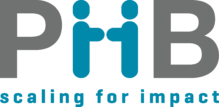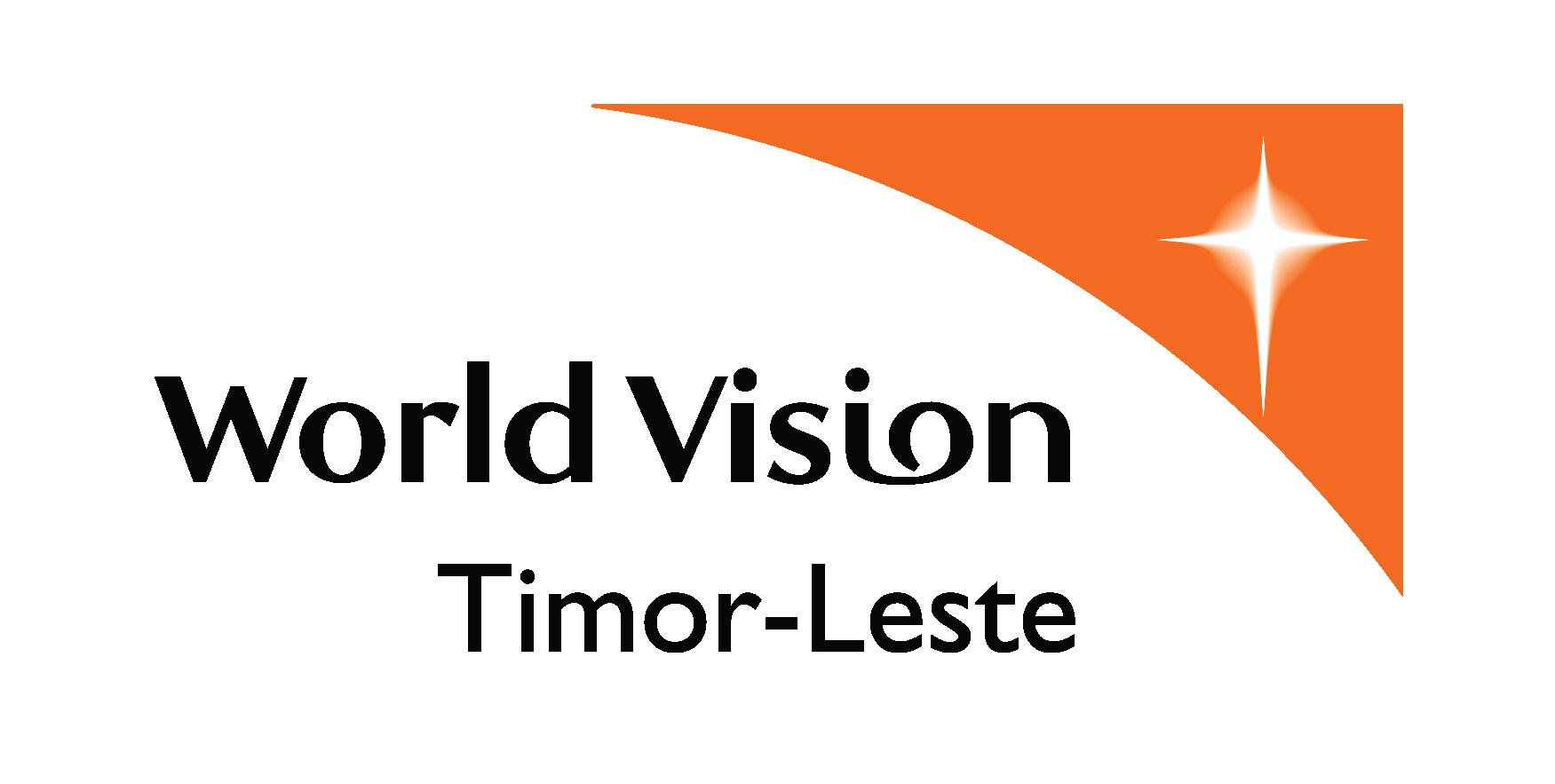
World Vision Cash Transfer Strategy
Together with technology partners, WVTL developed a digital transfer system based upon a blockchain known as Kartaun Bele. This digital voucher platform enables people, businesses, and organizations to make secure transfers, and store value using personal NFC enable smartcards and a smaller number of smartphones as terminals. It is designed for the development community of Timor-Leste where network reliability is a problem, as the digital voucher system can withstand intermittent connectivity since it uses blockchain technology to improve security in the system.
Context:
Together with technology partners, WVTL developed a digital transfer system based upon a blockchain known as Kartaun Bele. This digital voucher platform enables people, businesses, and organizations to make secure transfers, and store value using personal NFC enable smartcards and a smaller number of smartphones as terminals. It is designed for the development community of Timor-Leste where network reliability is a problem, as the digital voucher system can withstand intermittent connectivity since it uses blockchain technology to improve security in the system.
The Kartaun Bele was intended to make it possible for remote rural populations to get access to basic aid services, by reducing the cost of transferring funds compared with available traditional banking services. Although conceived as a service to meet the needs of the development community, the partnership of multiple stakeholders resulted in a blended approach and the establishment of BelePay – a non-registered commercial entity. BelePay aspired to enter the market as a Payment Services Provider (PSP) and made a request to the central bank to seek permission to operate. Permission was denied to BelePay to act as a PSP of the Kartaun Bele system. In that correspondence, the central bank specifically named five licensed financial institutions that World Vision could, at their discretion, collaborate with to meet their core objectives while remaining within the purview and compliance of the central bank. At that time, WVTL was distributing cash transfer assistance in aid for work programs to more than 3000 beneficiaries and had programs requiring it to scale to over 10,000 within the year.
Objectives:
PHB, with a clear understanding of the opportunity for Kartaun Bele as well as the context of Timor Leste, was contracted to formulate and design a partnership strategy that would allow WVTL to continue to use Kartaun Bele and maintain compliance with the Central Bank. After completing internal and external gap assessments, it would be critical to outline proposed commercial terms, financial flows, segregation of duties and reporting obligations to assure compliance and mitigate risks.
Deliverables:
PHB was able to identify a leading Microfinance Institution (Kaebauk Inventimentu no Finansas) with the capacity and interest to engage in a strategic relationship with WVTL to manage the Kartaun Bele platform. PHB in close collaboration with WVTL was able to craft a proposal for the partnership that has to lead to the signing of an MOU between the parties and a plan for integration of Katrtaun Bele into the core banking systems of KIF.
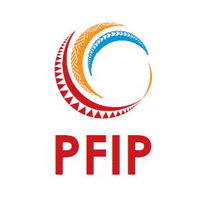
Implementation of airtime top-up services to pay for micro-insurance and micro-pension
In 2017, The Solomon Islands National Provident Fund (SINPF), with support from PFIP, piloted a retirement savings product for the informal sector known as youSave. One of the pilot recommendations was to utilise cost-effective digital delivery channels to allow for direct remittance of savings into SINPF. Because of the inefficiencies and a lack of reach into the rural areas by existing digital payment channels, the option to use airtime was recommended. The staggering cost of Airtime distribution in the Solomon Islands seemed to be an insurmountable challenge in order to achieve a sustainable business case for payment collections PHB was previously engaged to conduct a feasibility assessment and based upon that positive outcome this project was initiated to implement the youSave Lo Mobile service - and launch the world’s first-ever airtime scheme for provident fund payments.
Context:
In 2017, The Solomon Islands National Provident Fund (SINPF), with support from PFIP, piloted a retirement savings product for the informal sector known as youSave. One of the pilot recommendations was to utilise cost-effective digital delivery channels to allow for direct remittance of savings into SINPF. Because of the inefficiencies and a lack of reach into the rural areas by existing digital payment channels, the option to use airtime was recommended. The staggering cost of Airtime distribution in the Solomon Islands seemed to be an insurmountable challenge in order to achieve a sustainable business case for payment collections PHB was previously engaged to conduct a feasibility assessment and based upon that positive outcome this project was initiated to implement the youSave Lo Mobile service - and launch the world’s first-ever airtime scheme for provident fund payments.
Objectives:
The objective of this project was to implement the youSave Lo Mobile service in a seamless and ubiquitous manner. Specifically to assure the same user interface across all MNOs and to maintain clear reporting back to the SINPF, CBSI, and Tax Authority as required.
Deliverables:
- Bring together all stakeholders (MNOs, SINPF, Central Bank and the Tax authority) to agree upon all business terms, settlement and reconciliation of accounts, and all reporting to each other as agreed. Specifically, to identify ways to share the cost of distribution through tax alleviation.
- Establish consensus on marketing to assure consistency of messaging and communications across both MNOs and the SINPF; this included getting a commensurate level of contribution from each MNO to promote the service
- Establish IT and technology links to allow a seamless service to operate and deliver a consistent service to the customer. This included making sure that the USSD menu and SMS messaging were similar.
- Work directly with SINPF to develop a mobile application for the onboarding of new youSave customers, this included coordinating with internal and external IT resources and developing appropriate compensation schemes.

Explore the use of Airtime top-up services to pay for micro-insurance and micro-pension
In 2017, the Solomon Islands National Provident Fund (SINPF), with support from PFIP, piloted a retirement savings product for the informal sector. One of the pilot recommendations was a call to utilise cost-effective digital delivery channels to allow for direct remittance of savings into SINPF. Because of the inefficiencies and a lack of reach into the rural areas by existing digital payment channels, the option to use airtime was recommended.
Context:
The Solomon Islands has two Mobile Network Operators; Solomon Telekom Company LTD, operating as Our Telekom and Bmobile SI LTD, operating as Bmobile-Vodafone. Both are licenced and supervised by the Telecommunication Commission Solomon Islands (TCSI).
In 2017, the Solomon Islands National Provident Fund (SINPF), with support from PFIP, piloted a retirement savings product for the informal sector. One of the pilot recommendations was a call to utilise cost-effective digital delivery channels to allow for direct remittance of savings into SINPF. Because of the inefficiencies and a lack of reach into the rural areas by existing digital payment channels, the option to use airtime was recommended.
Objectives:
Although confident and relatively comfortable with the front-end requirements, the two MNOs seek for additional understanding and get clarity on three areas;
1. Organizational Impact: The MNOs seek clarity on the possible impact on human resources, technology requirements, back-office process flows, operational risks, reporting of sales tax exemption to the Inland Revenue Department (IRD), reconciliations of funds with SINPF, insurance companies or other interested utility companies.
2. Market size and business opportunity: The MNOs seek a comprehensive scoping of the market for other potential collection of payments for which airtime can be used. These may include utility payments, such as water, electricity payments, solar for clean energy amongst others. 3. Conversion of airtime into legal tender: Although airtime is not a legal tender, the Central Bank of Solomon Islands has responded positively on this initiative. The MNOs, however, seek to understand the process for the conversion into Solomon Dollars of the accumulated airtime payments from customers to bank accounts of SINPF, insurance companies and utility firms that need the legal currency.
Deliverables:
- Secondary market research:
- Extensive desk review on documents to be provided by the MNO’s and UNCDF PFIP and gathering useful documentation and information for the successful performance of the project.
- Deliverable: Preliminary Market research report with a general section applicable to each MNO and a specific section for each based on their particular interests and documents/data provided.
- Inception Report:
- Kick-off meeting, to discuss and agree on the objectives of the project and prioritize the onsite activities.
- Institutional assessment, Gap Analysis and fact findings through meetings with key staff members and teams of each MNO (for each MNO separately) and obtain first-hand inputs on their internal capacity in terms of management, finance and HR, IT systems and operations, internal management capacity and analysis of training needs of staff; current and existing process flows (business, technology & operations).
- Deliverables: A report with the key learnings from each institutional assessment; a workshop with each MNO (with the participation of UNCDF PFIP) to discuss the finding of the inception phase and discuss problems, possible solutions and next steps.
- Primary Market Scoping Research:
- Address the underlying concerns of the MNOs related to its business scoping so as to make informed commercial decisions.
- work with each MNO to develop a strategy to identify a sample of key use cases (business case for/with ability to do a digital payment via Airtime) with representation from both urban and rural markets.
- Deliverables: A market scoping report highlighting opportunities and practical foreseen challenges to overcome for a successful implementation of Airtime as a means of payment in the Solomon Islands.
- Market scoping analysis for the MNOs and related business cases
- Define a market strengthening strategy that considers each MNOs strategic objectives in this project and key steps to achieve them; Potential partnerships which may strengthen their offerings; Current capabilities of the MNOs to implement these strategies and gap assessment to hone the strategy further.
- Prepare the Product Development Plan (PDP), including an inventory of the operational and financial implications of the products & channels proposed to facilitate decision-making by the management team.
- Deliverables: Report of 3 business cases and Recommendations for the implementation; facilitate a 1-day delivery workshop with senior management of each MNO and UNCDF PFIP.
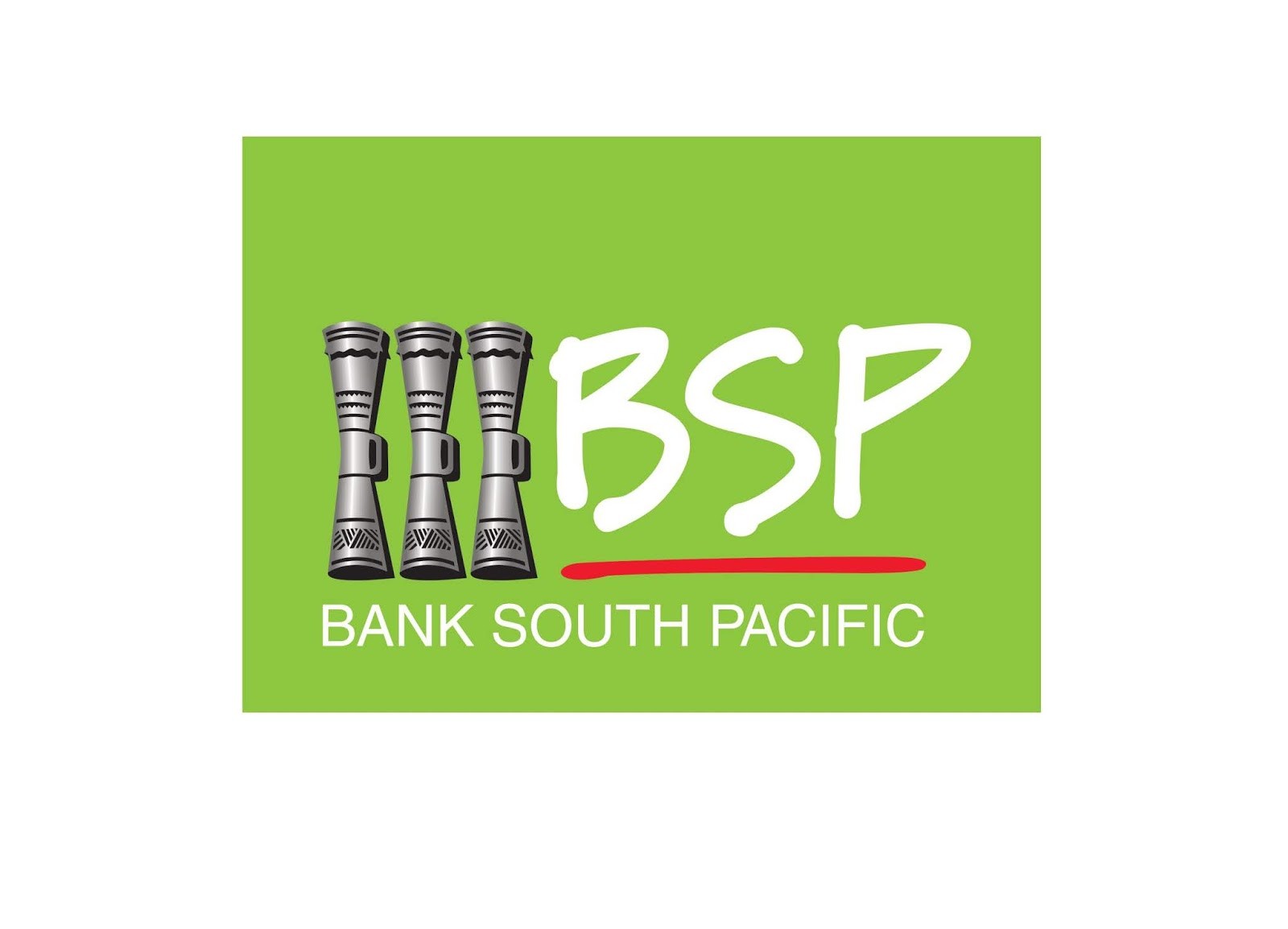
E-Channels Strategy for Bank South Pacific – Papua New Guinea
Since 2009, BSP has a Transformational Program, which comprises the review of the portfolio of retail products and the implementation of electronic delivery channels.
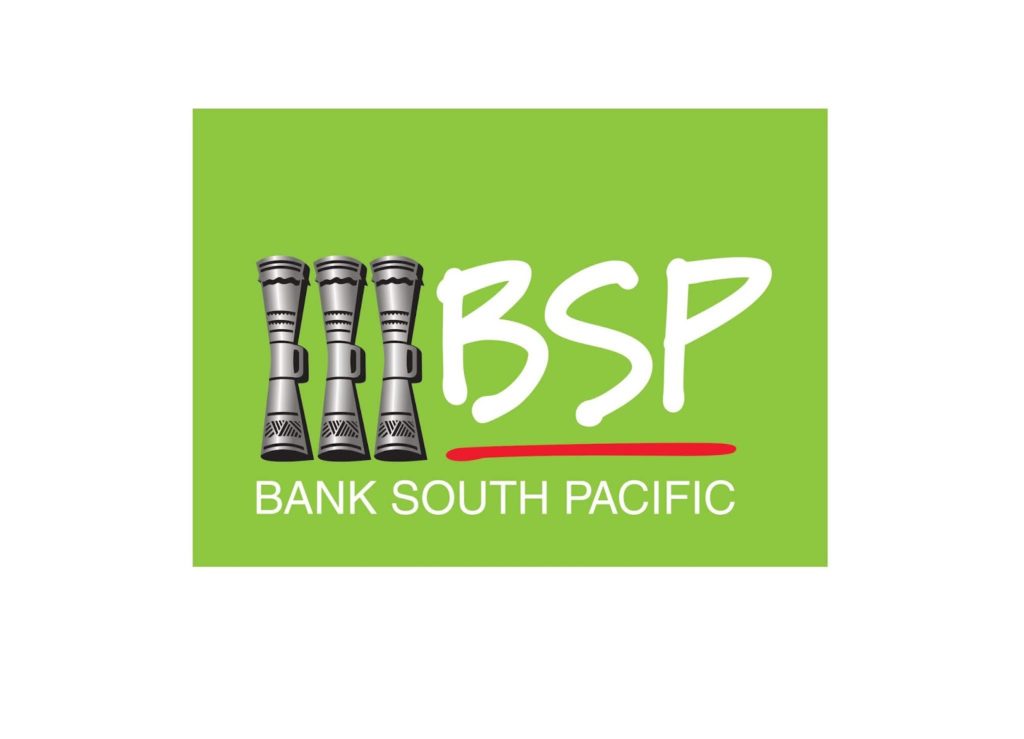
Context: Since 2009, BSP has a Transformational Program, which comprises the review of the portfolio of retail products and the implementation of electronic delivery channels.
Objective: Change the channel mix for all transactions moving from branch-based over the counter to electronic channels.
Deliverable: Improved and redesigned e-channels strategy resulting in a 40% growth of eftpos transactions with 120% more eftpos merchants; 22% increase in ATM transactions; 48% growth in mobile banking transactions with 35% increase in active users and 311% increase in internet banking transactions.
